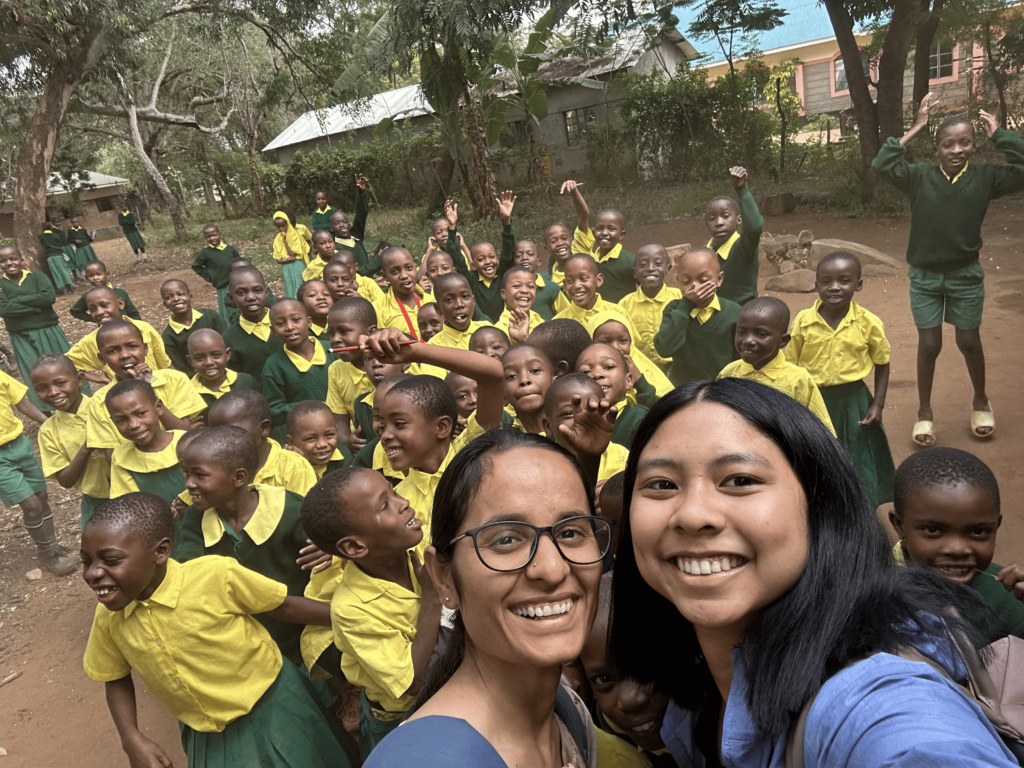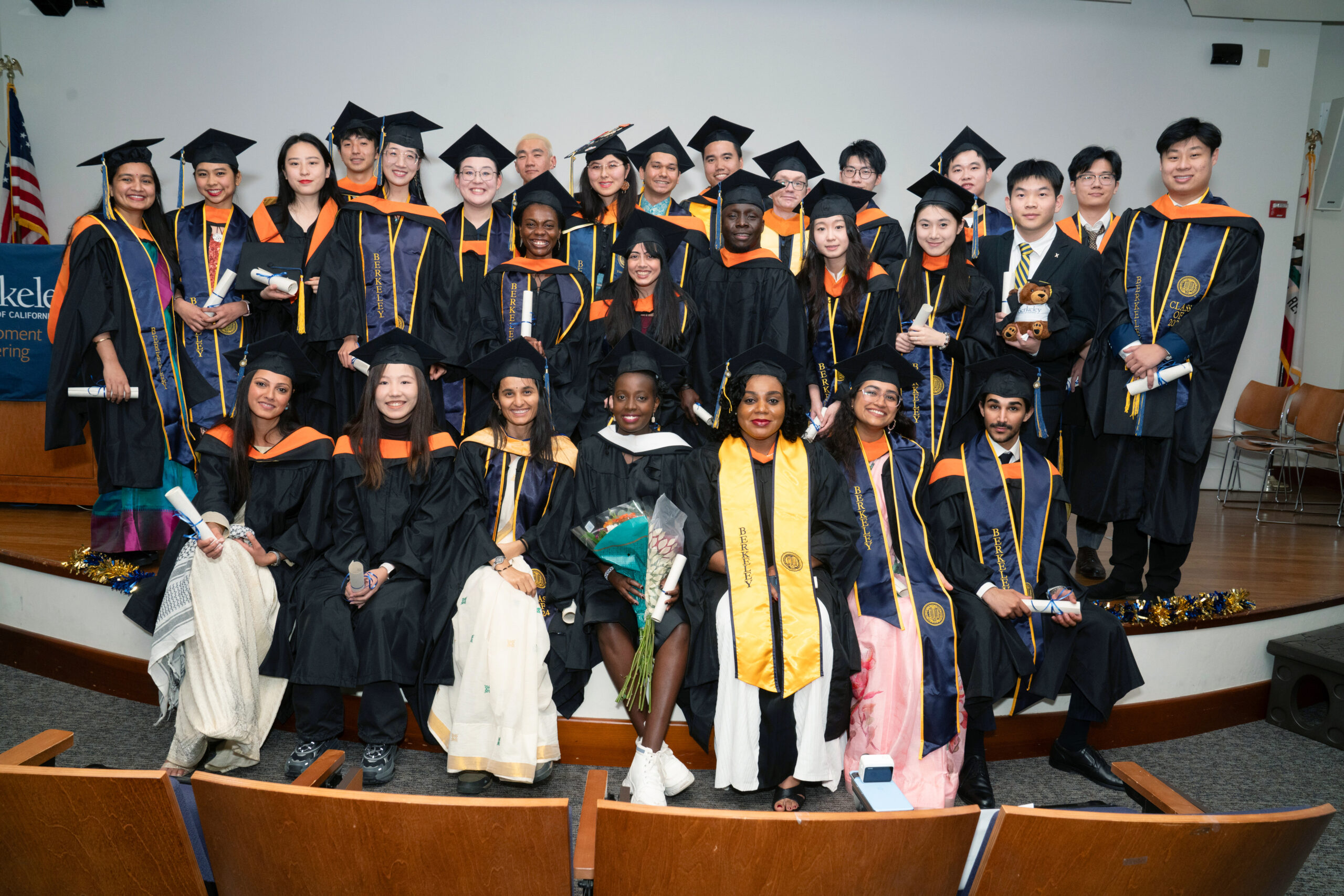Every summer, students in UC Berkeley’s Development Engineering programs set out to create social impact locally and globally, implementing community-centered DevEng initiatives that focus on underserved populations. During their summer internship experience, students learn to combine expertise in engineering, economics, entrepreneurship, natural resource management, and social sciences to design technology-driven solutions that tackle the most pressing challenges faced by low-resource communities worldwide.
2024’s DevEng Photography Contest invited students to submit photos and videos that show what DevEng means to them and to capture the impact of their work over the summer through creative media. The following submissions — from digital education initiatives in Kenya to climate justice efforts in Nigeria — highlight how technology, education, and community-driven financial practices are fostering more equitable and sustainable futures.
Maria Denna took home the top prize, followed by Ekta Raghuwanshi. Hussein Orekoya received an honorable mention for video.
1st Place
“Tailored Education”
By Maria Denna, Master of Development Engineering. Concentration area: Sustainable Design Innovations.

“The photo was taken during my internship in Kenya, where I taught digital skills and cybersecurity to the students. I also worked with the local government to digitize their clinics’ drugs inventory,” Denna said. “I saw the gap between how a technology or intervention was designed and how it was actually implemented in the context of rural Kenya. Therefore, I would like to highlight the importance of localizing technology and designing a human-centered intervention that encourages community participation.”
“Project-Based Learning in Action”
By Ekta Raghuwanshi, Master of Development Engineering. Concentration area: Sustainable Design Innovations

“In a beautiful mountainous village in Kenya, children gather under the vast open sky, which has become their classroom. There are no high-tech labs or fancy equipment — just the natural world around them and their own creativity,” Raghuwanshi said. “As part of their curriculum, these young learners are exploring project-based learning, a method that encourages hands-on experiences and real-world problem-solving. With the right support and guidance, this creativity can flourish, leading to a future where every child has the opportunity to learn, create, and thrive.”
“Holistic Growth: Systems Thinking and Community Empowerment”
By Ekta Raghuwanshi

Raghuwanshi’s photo features Angeline from Kasigau, Kenya, a member of a Table Banking initiative organized by Compassion Kenya. The organization focuses on child development and supports families by creating livelihood opportunities, including the promotion of table banking. She added that this community-based financial practice has become increasingly popular in rural Kenya, where group members combine their savings and lend the pooled funds to one another.
“Angeline owns a tailoring business — she stitches bags and school clothes — and now she wants to expand her business to create sweaters. She took $500 in loans from her table banking group to invest in a bigger stitching machine to start her sweater business,” Raghuwanshi said. “I included this specific photo because many images depicting women in African countries often evoke feelings of pity, focusing narrowly on their circumstances. Recognizing their dignity and individuality is the starting point of meaningful development work.”
Video
“Climathon Kano Project: Climate Conflict Mitigation for Sustainable Peacebuilding in Nigeria”
By Hussein Orekoya, Master of Development Engineering, Concentration area: Energy Waster and the Environment
“The Climathon Kano Project addressed the complex challenges at the intersection of climate change, natural resource depletion, and violent conflict in northern Nigeria,” Orekoya said. “It aimed to develop strategies for climate-induced conflict mitigation using the Rondine Methodology, a relational approach to conflict understanding, resolution, and peacebuilding. With financial support from Projects for Peace and the International House at the University of California, Berkeley, the project reached over 80,000 farmers, herders, and stakeholders across 10 local government areas in Kano State, Nigeria.”




